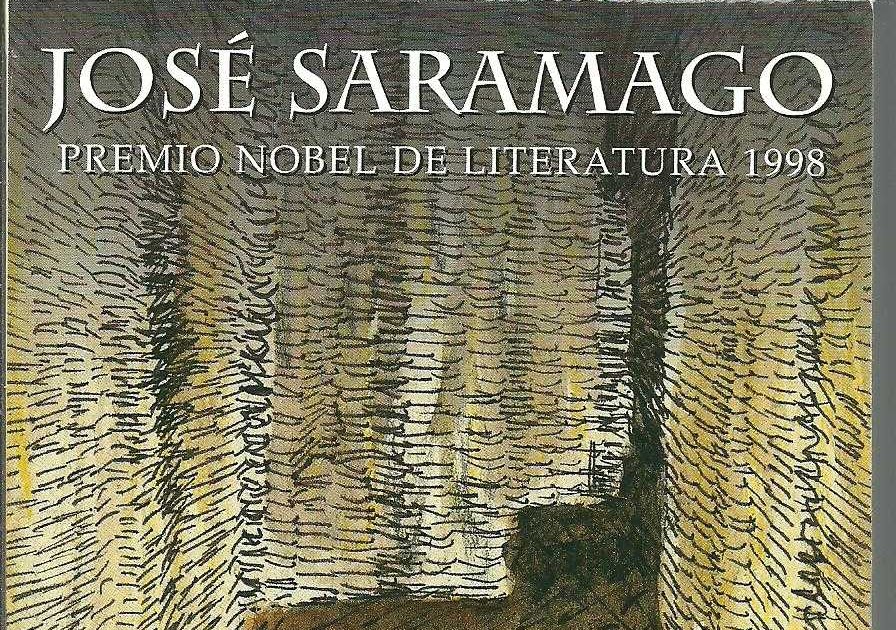
Original Language: Portuguese
Títutulu Original: All names
Translator: Pilar del Río
Year of publication: 1997
Valoración: Alright
And what exactly tells us All names? Because the story of Don José, worker of the Conservatía of the Civil Registry, a single -age single man perfectly bland, routine, selfless worker, who in fact lives in a house attached to the registry itself, and whose only eccentricity is to gather a kind of “catalog of famous people” from the documents collected in the registry. But everything changes the day that, by chance, the file of any woman falls, by chance, in the hands of Don José, and for some reason it becomes obsessed with her: the data collected in the registry are not sufficient, and decides to initiate a naive and clumsy detective work to try to unravel the current whereabouts of the woman, all the circumstances of her life and, who knows it, perhaps knowing her personally. This research leads him to falsify a credential of the registration, to assault the school where the woman studied, or to miss her labor obligations and routines, to the surprise of her colleagues and superiors.
As with other works of this same author of the same author (such as Essay on blindness o The intermittences of deathFor example), All names It works almost as an extensive fable: we do not know what country or what time does the action happen, and the characters are almost more categories than individuals (as is the case of the almost anonymous Don José, whose surnames do not even get to know). In this case, the fable could refer to the complex relationships that exist between life and death (since registration separates them into radically opposite categories, something that the narrative will progressively question), or in the way in which the devices of power and bureaucracy strip us of identity and individuality, both to their workers and their “subjects.”
The problem that I see to the novel is that, honestly, the interest of the plot is not enough to support all its pages (350 in the edition I handle). I don’t say that it could have been an emailbut I think that it would have worked better in some of its digressions, reflections or thorough inquiries in each decision of Don José, or its interior dialogues or projected in the most diverse objects (for example, on the roof of its room). In general, it seemed too morose or, for using a word that I like a lot, “too verbose.” By contrast, the final part of the novel, in which Don José finally discovers the destiny of the mysterious woman, has seemed too short, or even something precipitated, when that is a part that does catch the attention …
It is true that, as I said before, virtually any Saramago work has hidden jewels and transmits that lucid, critical and ironic spirit of its author; But unhappy, this will not be among my essentials.
Source: https://unlibroaldia.blogspot.com/2025/08/jose-saramago-todos-los-nombres.html


